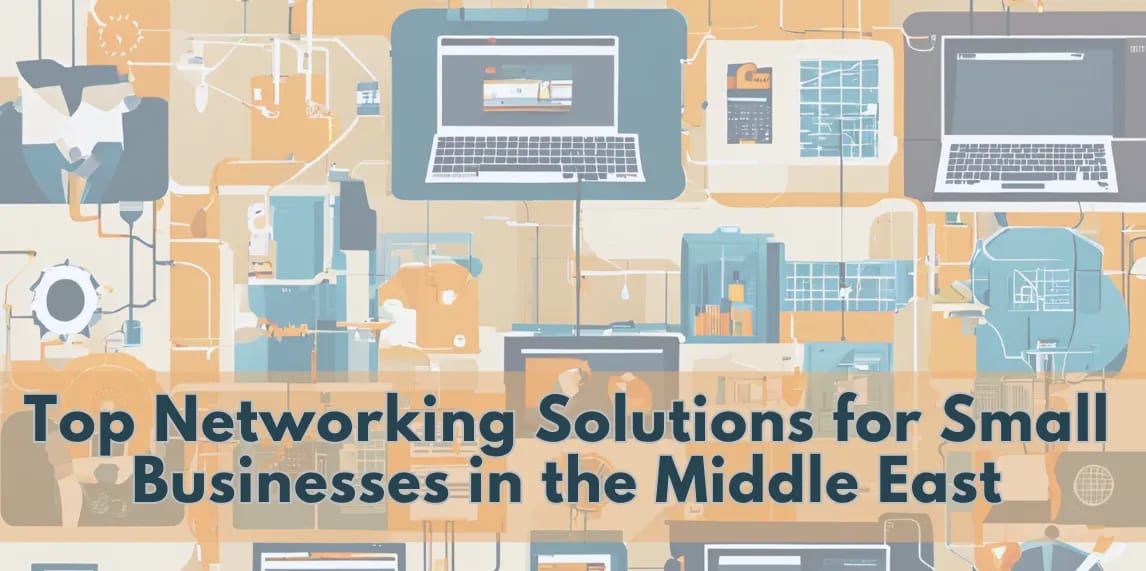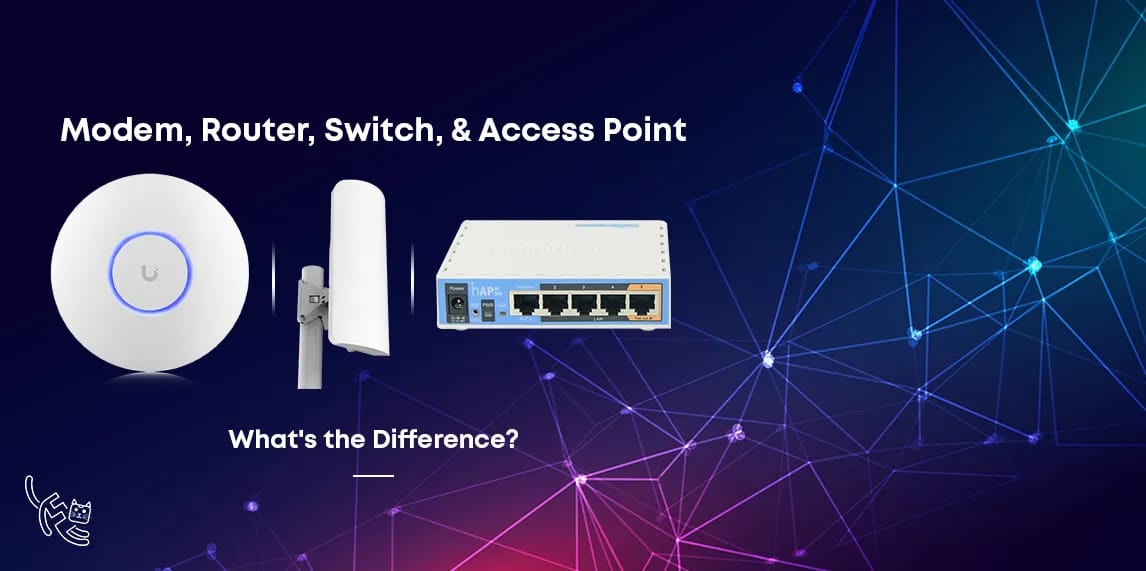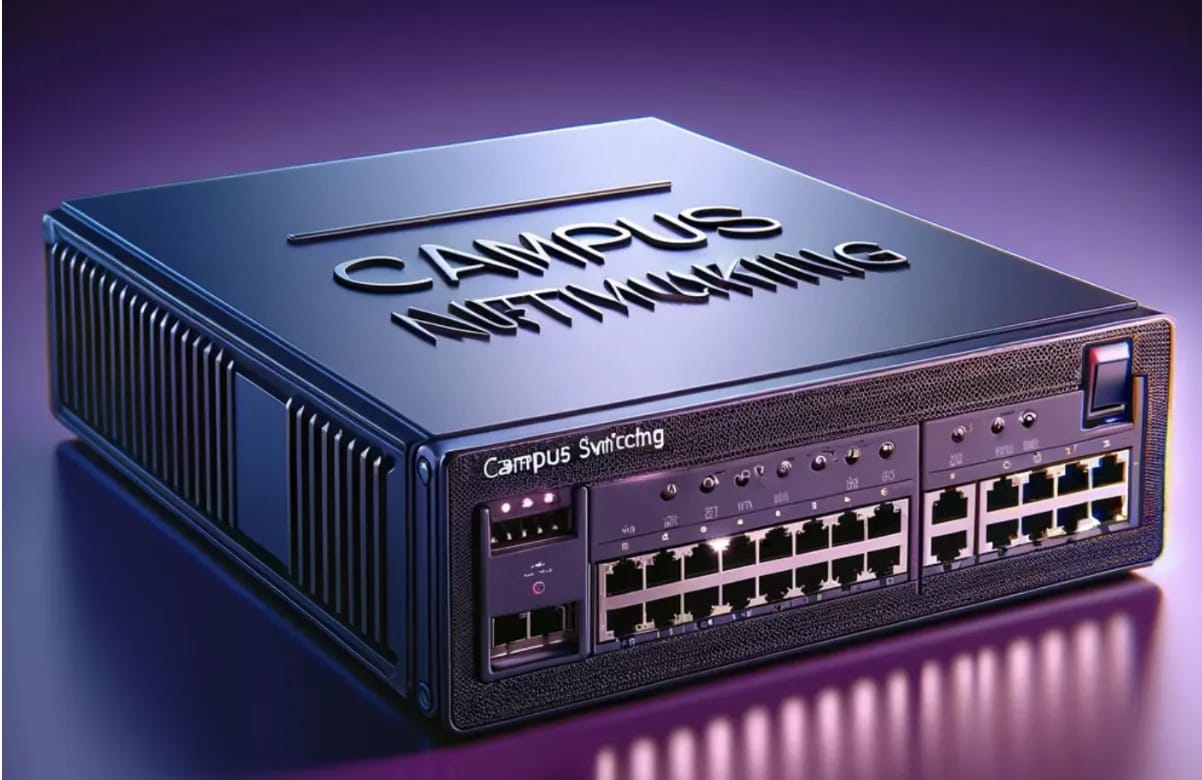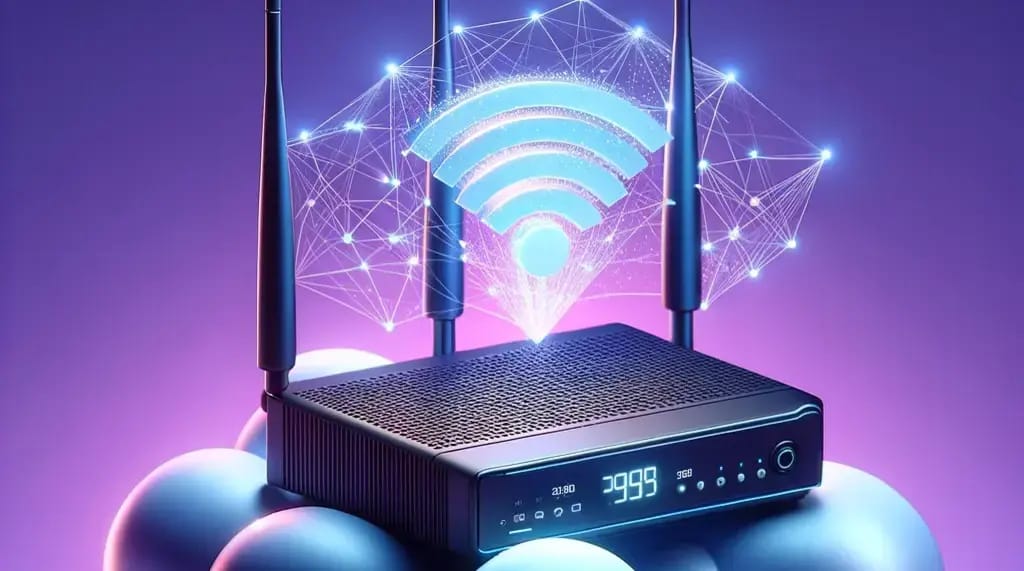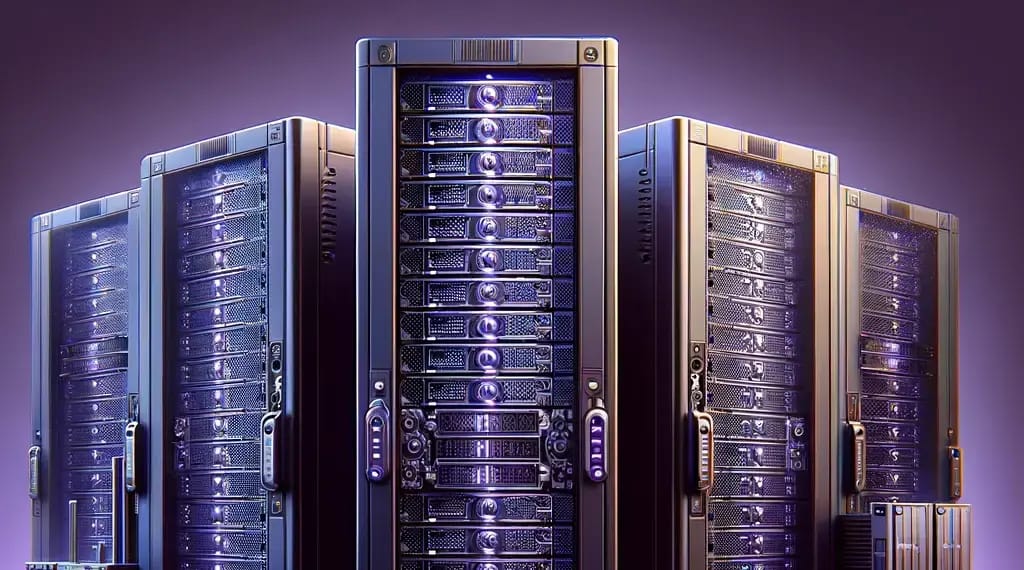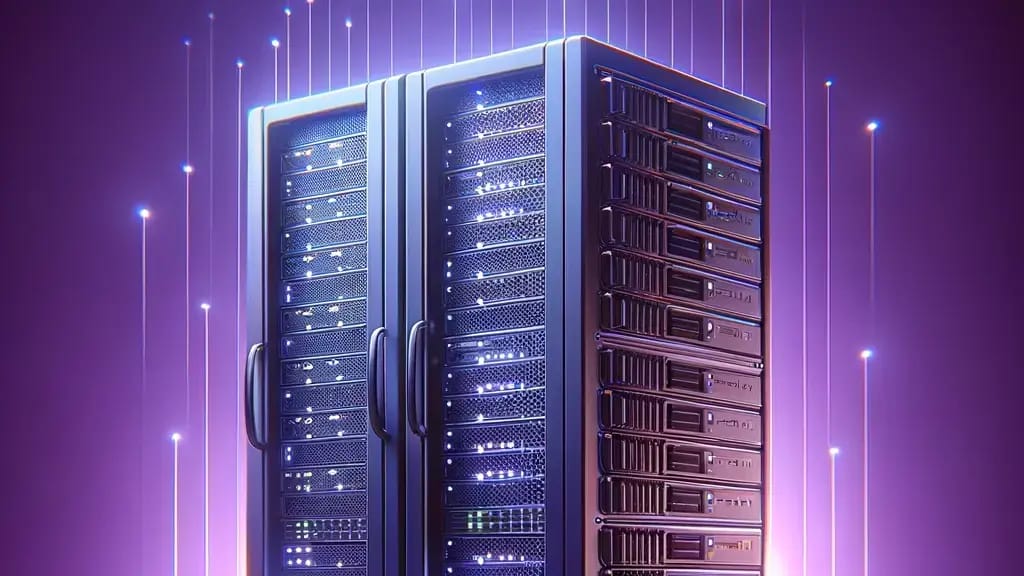Networking solutions are the backbone of efficient operations for small businesses. Especially in the Middle East, where businesses aim to adopt the latest technology while balancing budgets, having the right networking setup is crucial. This guide covers everything you need to know about the best networking solutions for small businesses and how to make informed decisions.
Networking Solutions
Create Requisition List
In today’s fast-paced world, storage technology plays a vital role in determining the performance of our devices. Whether you want to upgrade your computer or buy a new one, understanding the differences between HDD (Hard Disk Drive) and SSD
Ever wondered how the internet works at home? Think of a modem as the device that connects your place to the internet service provider. It's like the gateway to the online world. A router, on the other hand, helps direct the internet traffic within your home, ensuring that your devices can communicate with each other and access the internet.
Now, when it comes to a switch and a hub, these are like traffic controllers for your network. They help manage the flow of data between different devices, making sure everything gets to where it needs to go.
Connecting to the internet might seem simple when you're just using Wi-Fi, but understanding these devices becomes important when troubleshooting issues or upgrading to faster equipment.
In this blog, we will explore how the access point distributor differs from the
If you're looking for a new router, you've encountered two widely popular brands: Ubiquiti and MikroTik. With both brands offering a diverse range of routers, making a decision can be challenging. To assist you in making an informed choice, we've compiled this guide to compare Ubiquiti and MikroTik routers.
Whether to go with the Unifi distributor or MikroTik- we'll delve into the significant distinctions between the two, helping you determine which router aligns better with your needs.
What Are Routers? Differntiate between mikrotik router vs ubiquiti
A router is a device designed to transfer data packets between various computer networks. Its functionality involves receiving data from one network and directing it to another. Routers play a crucial role in the functioning of the Internet by managing the flow of traffic between different
Implementing a hybrid cloud model involves integrating both public and private cloud environments to optimize resources and enhance flexibility. Start by evaluating your organization's specific needs and existing infrastructure. Identify workloads suitable for public cloud deployment and those requiring the security of a private cloud. Establish a seamless network connection between the two environments and choose a reliable cloud provider to support your hybrid setup. Effective cloud management tools and strategies are essential for resource allocation, monitoring, and scaling. Regularly assess your hybrid cloud's performance and adjust your strategy as needed to ensure it aligns with your evolving business requirements.
What is a Hybrid Cloud and How Does it Work?
A hybrid cloud is a cloud computing model that combines elements of both public and private clouds. It allows organizations to leverage the benefits of both cloud types while
In the world of networking, campus switching plays a pivotal role in optimizing network performance, especially within large organizations, universities, and corporate campuses. Let's delve into the fundamentals of campus switching and how it contributes to seamless data flow and efficient network management.
What is a campus switching network?
A campus switching network, also known as a campus network, is a localized network infrastructure designed to interconnect various devices and end-user systems within a specific geographical area, such as a university campus, corporate headquarters, or a large enterprise facility. This network is essential for ensuring reliable and high-speed connectivity between devices within the same physical location.Campus switch
A campus LAN,
Hybrid cloud is a cloud computing model that combines elements of both public and private cloud solutions. In this setup, organizations can seamlessly integrate their on-premises infrastructure with cloud resources, allowing data and applications to flow between private and public cloud environments. Hybrid cloud leverages the strengths of each type of cloud – the flexibility and scalability of public cloud services and the control and security of private cloud infrastructure. It works by orchestrating workloads and data across these environments, ensuring efficient resource utilization and optimizing performance.
What is Hybrid Cloud and How Does it Work?
Defining Hybrid Cloud Computing
Hybrid cloud computing
Data center networking is a critical component of modern IT infrastructure that encompasses the design, implementation, and management of networks within a data center environment. It plays a pivotal role in ensuring seamless connectivity, high availability, and efficient data flow among servers, storage systems, and other resources within the data center. Data center networking is essential for delivering applications and services to end-users while optimizing resource utilization and minimizing latency.
Understanding Data Center Networking
Defining Data Center Networking Solutions
Data center networking solutions refer to the set of technologies, tools, and strategies employed
Corporate networking solutions encompass a comprehensive set of technologies, practices, and strategies designed to establish and maintain a robust, reliable, and secure network infrastructure within an enterprise or organization. These solutions are instrumental in facilitating seamless communication, data sharing, and resource access among employees, devices, and systems across various locations. Corporate networking solutions cater to diverse needs, including wired and wireless connectivity, data center networking, WAN optimization, and network security. By integrating network technologies, optimizing performance, and ensuring data privacy, corporate networking solutions empower organizations to meet their operational objectives efficiently and adapt to the evolving demands of the digital era.
What are Corporate Networking Solutions?
Network infrastructure is a fundamental component of network solutions in Dubai. It encompasses the physical and software elements that enable communication and data transfer within an organization. In the UAE, where connectivity is paramount, a well-established network infrastructure is essential for businesses to thrive. This includes routers, switches, servers, and cables, all working together to ensure seamless connectivity and data transmission. Choosing the right network solutions provider in Dubai can make a significant difference in optimizing network infrastructure to meet the specific needs of your company.
 AED
AED 